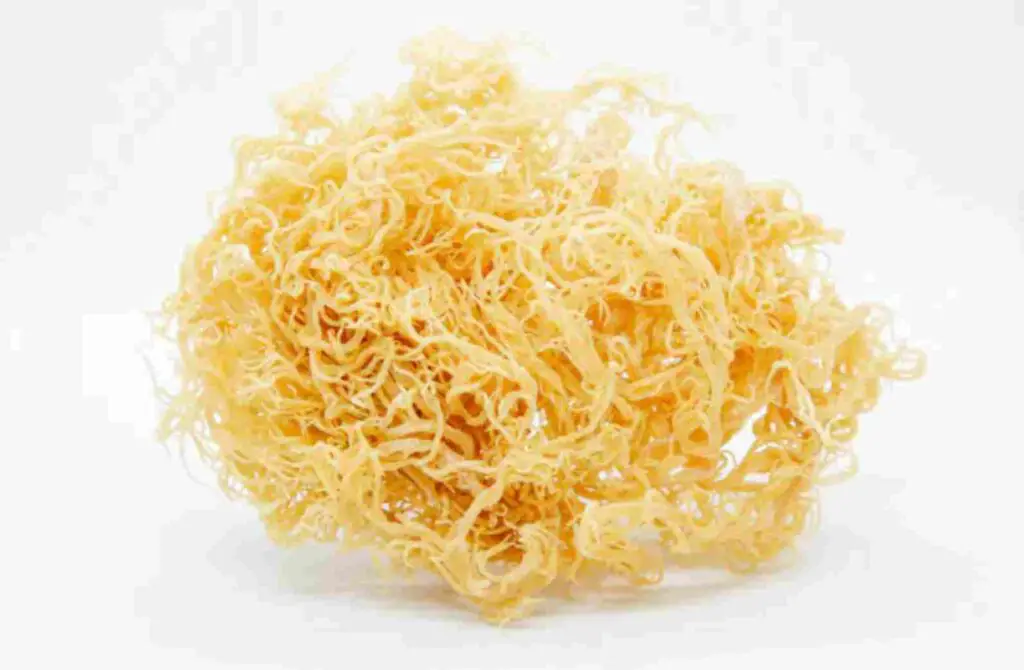
Sea moss is a unique seaweed used in traditional Chinese medicine for centuries. It is commonly used to treat ulcerative colitis and other digestive disorders.
The main active ingredient in sea moss is fucoidan, which has anti-inflammatory properties and can actually help act as a soothing as well as a healing agent to all of the mucous membranes.
Fucoidan also helps boost the digestion system and stool health. It can be used with other herbal remedies or supplements such as Aloe Vera juice or slippery elm powder, known for their ability to soothe the intestines and colon.
It also contains beta-glucans, polysaccharides that promote the growth of beneficial bacteria in the gut.
Sea Moss for Ulcerative Colitis
Ulcerative colitis is an inflammatory bowel disease (IBD) that causes long-lasting inflammation and sores (ulcers) in your digestive tract.
There are two main types of IBD: Crohn’s disease and UC. In UC, the inflammation occurs only in the colon and rectum, while Crohn’s disease can affect any part of your digestive tract from mouth to anus.
Sea moss contains natural chemicals called carotenoids and polysaccharides, which have anti-inflammatory properties.
These substances can help reduce the symptoms of ulcerative colitis by decreasing the activity of white blood cells called neutrophils, which play an important role in inflammatory diseases such as ulcerative colitis and Crohn’s disease.
In addition, sea moss is effective at reducing oxidative stress and preventing cell damage caused by free radicals. Oxidative stress is considered important in causing inflammation and cell damage in people with inflammatory bowel diseases (IBD).
Summary
Sea moss has some anti-inflammatory properties, but it’s unclear if they’re strong enough to treat ulcerative colitis.
There aren’t any studies on its use in people with ulcerative colitis, and there have been no reports of adverse effects.
Talk to your doctor if you have ulcerative colitis and want to try sea moss.
